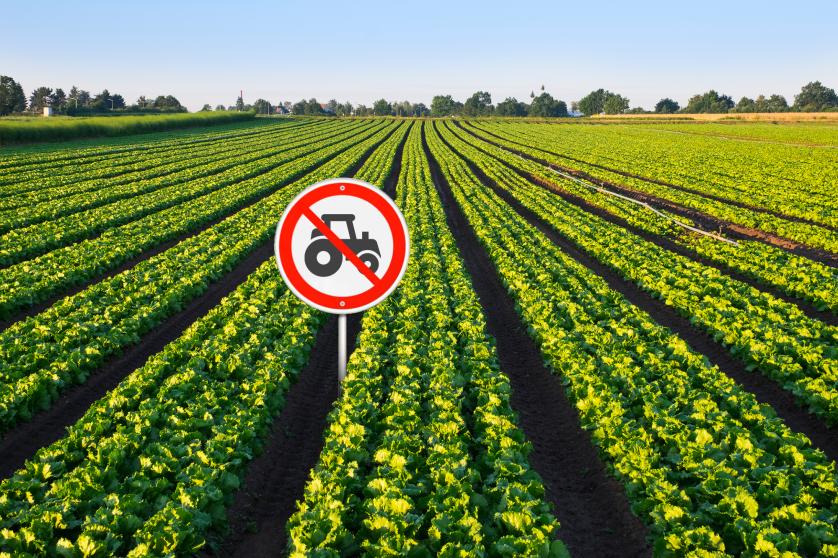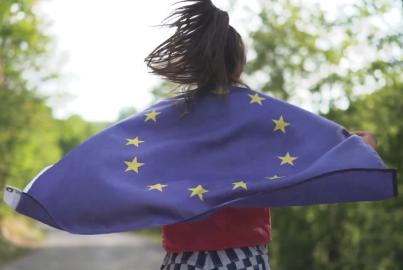Start over with the Nature Restoration Law
Other related content
Read more
How Quantum Computing Can Power Europe
26.03.2025
Read more
It’s time for Europe First
26.03.2025
Read more
Read more
Keep it simple! A path to greater efficiency
11.03.2025
Read more
Turning the EU into an economic powerhouse
04.03.2025
Read more
6 / 54








